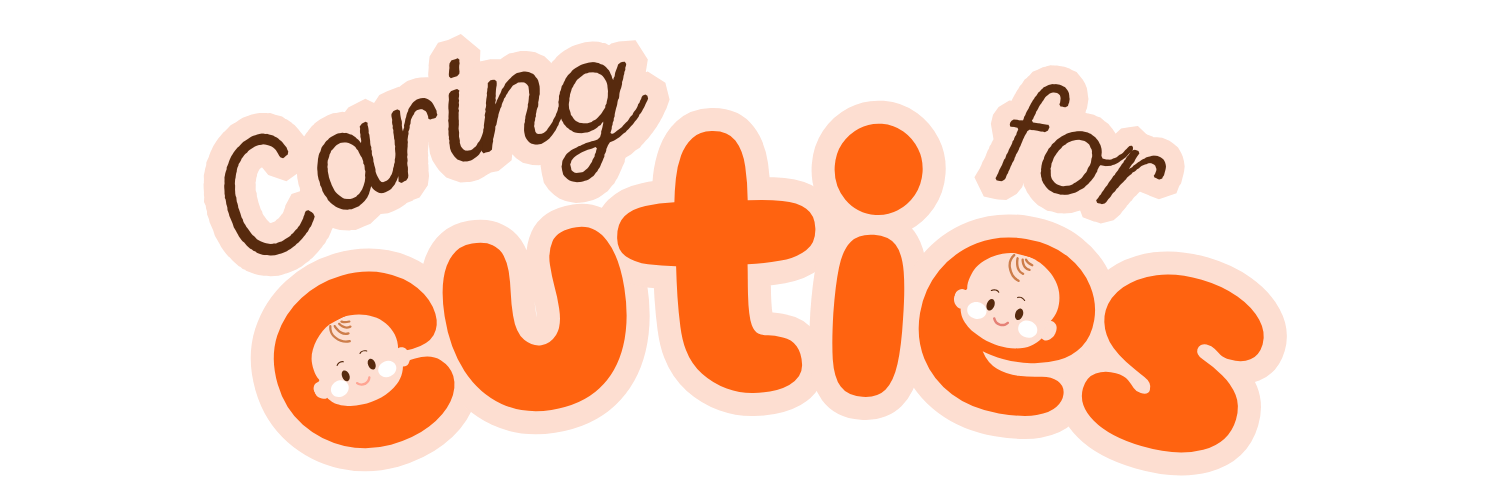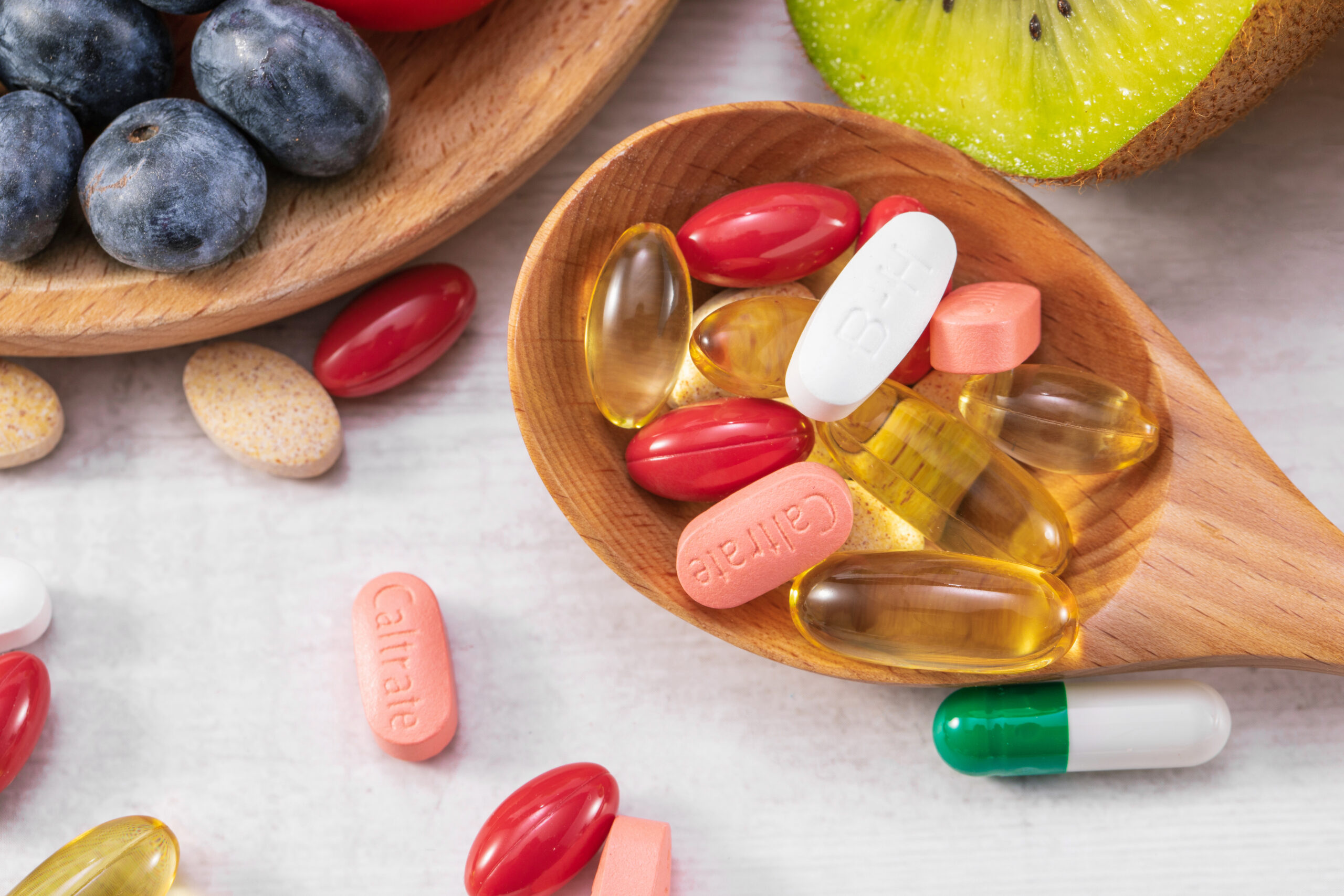Expecting mothers, have you ever wondered about prenatal vitamins? They are more than just a routine. They are key for your baby’s growth and your health.
But what makes prenatal vitamins so important? How do they differ from regular multivitamins? Discover the vital nutrients in these supplements for a healthy pregnancy.

Key Takeaways
- Prenatal vitamins provide the essential nutrients needed for fetal growth and development.
- Proper supplementation can help prevent birth defects and promote maternal health.
- The right timing and selection of prenatal vitamins are crucial for optimal benefits.
- Understanding the role of key nutrients like folic acid, iron, and DHA is vital for a healthy pregnancy.
- Knowing how to choose the best prenatal vitamins can ensure you and your baby receive the nourishment you both need.
Understanding the Importance of Prenatal Vitamins
Prenatal vitamins are key for expecting moms. They help the mom and baby grow healthy during pregnancy. Knowing when to start and why they’re important is crucial for a good pregnancy.
The Role of Early Supplementation in Pregnancy
Getting enough nutrients early in pregnancy is vital. Prenatal vitamins fill the gap when food alone isn’t enough. Starting them early supports the baby’s fast growth and development.
Benefits for Both Mother and Baby
Prenatal vitamins are good for both mom and baby. They prevent birth defects, help the baby’s brain grow, and lower the risk of early birth and low weight. For mom, they prevent anemia, keep bones and teeth strong, and reduce pregnancy risks.
When to Start Taking Prenatal Vitamins
Start prenatal vitamins three months before trying to conceive, or when you start trying. This builds up important nutrients like folic acid for the baby’s health. Keep taking them during pregnancy and breastfeeding for your and your baby’s health.
Adding prenatal vitamins to your daily routine is a big step for a healthy pregnancy. Knowing their role and when to start helps your body and baby get the nutrients they need for a great pregnancy.
Key Nutrients Found in Prenatal Vitamins
When looking at best prenatal vitamins, it’s key to know what’s inside. These vitamins are packed with needed prenatal nutrients for a healthy pregnancy. Let’s dive into the main vitamins and minerals found in a pregnancy multivitamin.
Folic Acid (Vitamin B9)
Folic acid is very important. It helps prevent birth defects of the brain and spine. It’s also key for cell growth and DNA production.
Iron
Iron is vital for making hemoglobin. Hemoglobin carries oxygen to the baby. It also helps prevent anemia in the mom.
Calcium and Vitamin D
Calcium is good for the baby’s bones and teeth. Vitamin D helps the body absorb calcium. Together, they ensure strong bones for mom and baby.
Omega-3 Fatty Acids (DHA)
DHA is important for the baby’s brain and eyes. It also lowers the risk of early birth and depression after birth.
| Nutrient | Function | Recommended Daily Intake |
|---|---|---|
| Folic Acid | Supports fetal development and prevents neural tube defects | 600-800 mcg |
| Iron | Prevents anemia, supports oxygen delivery to the baby | 27 mg |
| Calcium | Supports bone and tooth development for mother and baby | 1,000-1,300 mg |
| Vitamin D | Aids in calcium absorption, supports immune function | 600-800 IU |
| DHA | Supports brain and eye development, reduces preterm birth risk | 200-300 mg |
Knowing the best prenatal vitamins components helps expectant moms make smart choices. This ensures they and their babies get the needed prenatal support during pregnancy.

Folic Acid: The Foundation of Healthy Fetal Development
Folic acid, also known as vitamin B9, is very important during pregnancy. It helps prevent serious birth defects. It’s key for the baby’s brain and spine to grow right.
Recommended Daily Intake
Pregnant women need 600-800 micrograms (mcg) of folic acid each day. This supports the baby’s fast growth.
Natural Sources vs. Supplements
Food like leafy greens and citrus fruits have folic acid. But, many women need more during pregnancy. That’s why prenatal vitamins with folic acid are suggested.
Prevention of Birth Defects
Folic acid during pregnancy is key to avoiding serious birth defects. Taking the best prenatal vitamins with folic acid helps a lot.
“Folic acid is one of the most important nutrients for a healthy pregnancy, as it helps prevent devastating birth defects of the brain and spine.”
Iron Requirements During Pregnancy
When you’re pregnant, your body needs more iron. Prenatal vitamins with iron, like Nature Made prenatal vitamins or Rainbow Light prenatal, are key. Iron helps make red blood cells and prevents anemia.
Iron deficiency anemia is common in pregnancy, hitting up to 52% of women. It causes tiredness, weakness, and raises the risk of early birth and low birth weight. Doctors suggest 27 milligrams of iron daily for pregnant women. This can come from supplements and iron-rich foods.
| Nutrient | Recommended Daily Intake for Pregnant Women |
|---|---|
| Iron | 27 mg |
Great foods for iron are red meat, poultry, seafood, lentils, spinach, and cereals with iron. Eating these and taking a good prenatal vitamin with iron helps meet iron needs. This supports your baby’s growth.
“Adequate iron intake during pregnancy is crucial for the health of both the mother and the developing fetus.”
The Critical Role of DHA and Omega-3 Fatty Acids
When a baby grows inside the womb, their brain and eyes need special nutrients. Prenatal DHA and omega-3 fatty acids are key. They help the baby grow well and see and think clearly.
Brain Development Benefits
Prenatal DHA is very important for the brain and nervous system. It helps a child think better, speak well, and focus. This helps them learn and grow all their life.
Best Sources of DHA
- Fatty fish, like salmon, tuna, and sardines, are full of prenatal DHA.
- Prenatal vitamins with DHA, like nature made prenatal multi dha, make it easy to get enough DHA.
- For those who like plant-based foods, DHA from algae in prenatal vitamins is a good choice.
Expectant mothers can help their babies by adding prenatal DHA and omega-3 fatty acids to their diet. This gives babies a great start in life, helping them stay healthy and happy.
Calcium and Vitamin D Supplementation
Keeping calcium and vitamin D levels right is key for your baby’s bones and teeth. These nutrients also help keep your bones strong.
Pregnant women need 1,000-1,300 milligrams of calcium each day. You can find it in perelel prenatal, ritual prenatal vitamins, milk, spinach, and some foods. Vitamin D helps your body use calcium and should be 600-800 IU daily.
Not having enough calcium and vitamin D can harm you and your baby. It might cause preeclampsia, early birth, and weak bones in your baby. To avoid this, take a good garden of life prenatal supplement. Also, eat foods rich in calcium.
| Nutrient | Recommended Daily Intake | Best Sources |
|---|---|---|
| Calcium | 1,000-1,300 mg | Dairy products, leafy greens, fortified foods |
| Vitamin D | 600-800 IU | Fatty fish, egg yolks, fortified foods, perelel prenatal, ritual prenatal vitamins |

Eating right and taking good prenatal supplements like perelel prenatal or ritual prenatal vitamins helps. It supports your baby’s bones and keeps you healthy during pregnancy.
Choosing the Right Prenatal Vitamins
Choosing the best prenatal vitamins is key for your and your baby’s health. There are many options, from prescription to over-the-counter. Knowing what to look for can help you make a good choice.
Prescription vs. Over-the-Counter Options
You can pick between prescription and over-the-counter prenatal vitamins. Prescription vitamins are made for pregnant women’s needs. They have more nutrients like folic acid, iron, and calcium. OTC vitamins might be easier to find, but make sure they have enough nutrients.
Reading Supplement Labels
It’s important to read labels, no matter your choice. Look for folic acid, iron, calcium, and omega-3 fatty acids. Make sure the amounts match what pregnant women need. Organic and vegan options might be better for some.
The best prenatal vitamins 2022 vary for everyone. Your health, needs, and diet matter. Talk to your doctor to find the right one for you.
Common Side Effects and How to Manage Them
Prenatal vitamins are key for a healthy pregnancy. But, some women might feel bloated, nauseous, constipated, or have heartburn. Luckily, there are ways to handle these issues and make pregnancy more comfortable.
Some women worry about why prenatal vitamins are bad for them. The iron in these supplements can cause constipation. To fix this, drink more water, move around, and eat foods high in fiber. If it doesn’t get better, try a liquid prenatal vitamins instead.
Nausea, or morning sickness, is another common problem. Eating small meals often, drinking lots of water, and avoiding bad smells can help. Some find it easier to take their prenatal vitamin with food or at night.
| Common Side Effects | Management Strategies |
|---|---|
| Bloating | Increase fluid intake, add more fiber to your diet |
| Constipation | Stay hydrated, exercise regularly, try a liquid prenatal vitamin |
| Nausea | Eat smaller, more frequent meals, avoid strong smells, take vitamin with food |
| Heartburn | Avoid spicy or acidic foods, try antacids, elevate your head while sleeping |
If side effects don’t go away or get worse, talk to your doctor. They can give you advice tailored to you. They might suggest a different prenatal vitamin or dosage.

“Listening to your body and making adjustments as needed can help ensure a more comfortable and enjoyable pregnancy.”
Natural vs. Synthetic Prenatal Supplements
The debate between natural and synthetic prenatal vitamins is ongoing. Both aim to give essential nutrients for a healthy pregnancy. But, there are key differences to consider.
Bioavailability Differences
Nutrient bioavailability is crucial. Natural prenatal vitamins have better bioavailability. They come from whole foods and are easily absorbed by the body.
Synthetic prenatal vitamins might have lower bioavailability. Their nutrients are isolated, making them harder for the body to process.
Organic Options Available
For a natural choice, organic prenatal vitamins and mykind organics prenatal are great. They use whole, organic ingredients without synthetic additives. Choosing best organic prenatal vitamins ensures pure, nourishing supplements for you and your baby.
“Choosing natural and organic prenatal vitamins is a way to support both my health and the health of my baby during this important time.”
The choice between natural and synthetic prenatal supplements depends on personal preference and needs. Knowing the bioavailability differences and organic options helps expectant mothers make a choice that supports a healthy pregnancy.
Special Considerations for High-Risk Pregnancies
Pregnancy is a delicate time, especially for those with high-risk conditions. These women need special nutritional support. They might have multiple babies, health issues, or other challenges.
Vitafol Ultra, Theralogix Prenatal, and Seeking Health Optimal Prenatal are designed for these needs. They have more vitamins and minerals. They also have DHA and choline for mom and baby’s health.
Women with high-risk pregnancies should talk to their doctors about prenatal vitamins. A personalized plan is key. It helps meet nutritional needs and lowers risks for a healthy pregnancy and baby.
| Nutrient | Increased Need in High-Risk Pregnancies |
|---|---|
| Folic Acid | Helps prevent neural tube defects, which can be more common in high-risk pregnancies. |
| Iron | Helps prevent anemia, which is more prevalent in multiple gestations and other high-risk conditions. |
| Calcium and Vitamin D | Supports bone health and fetal development, which may be more crucial for mothers with underlying health issues. |
| Omega-3 Fatty Acids (DHA) | Promotes brain and eye development, which is particularly important for babies in high-risk pregnancies. |
By choosing personalized prenatal vitamins and working with doctors, women can ensure a great start for their babies.
Combining Prenatal Vitamins with a Healthy Diet
Prenatal vitamins are key for a healthy pregnancy. But, a balanced diet is just as important. Together, they make sure you get all the nutrients you need.
Food Sources of Essential Nutrients
Some foods have the vitamins and minerals found in prenatal vitamins. They are great to add to your diet. Here are some top picks:
- Leafy greens like spinach and kale for folic acid and iron
- Salmon and other fatty fish for omega-3 fatty acids like DHA
- Dairy products for calcium and vitamin D
- Lean meats and legumes for protein and iron
- Citrus fruits for vitamin C
Meal Planning Tips
To get the most nutrients, eat a variety of these foods. Here are some tips:
- Make meals balanced with proteins, carbs, and lots of fruits and veggies
- Snack on healthy foods like nuts, yogurt, or fresh fruits and veggies
- Drink lots of water and avoid sugary or caffeinated drinks
- Talk to a healthcare provider or dietitian to make sure you’re getting everything you need
By mixing prenatal vitamins with a diet full of whole foods, you can give your baby a great start. This way of eating is important for your health and your baby’s growth.
Trimester-Specific Nutritional Needs
During pregnancy, the body needs different nutrients to support the growing baby. In the preconception phase, taking pre conception vitamins is key. These vitamins, like folic acid, help the baby grow well from the start.
As pregnancy goes on, the body needs more vitamins and minerals. In the first trimester, the baby’s organs and brain grow fast. The second trimester focuses on the baby’s bones and muscles, and the mother’s body changes. The third trimester prepares the mother and baby for birth and breastfeeding.
Choosing a good best post natal vitamin is important for each trimester. A balanced diet and the right prenatal supplements help the baby get off to a healthy start.
FAQ
Are prenatal vitamins necessary?
Yes, prenatal vitamins are very important during pregnancy. They make sure mom and baby get all the nutrients they need. They help fill any gaps in diet.
Can prenatal vitamins cause bloating?
Yes, some women might feel bloated or have stomach issues from prenatal vitamins. This can happen, especially early on. To feel better, try eating smaller meals, drink lots of water, and look into different types of vitamins like gummies.
How do prenatal vitamins help in conceiving?
Prenatal vitamins, especially those with folic acid, can help with fertility. Folic acid is key for the baby’s brain development. Taking them before pregnancy helps your body get ready for a healthy baby.
What prenatal vitamins should I take?
Look for prenatal vitamins with folic acid, iron, calcium, and DHA. Brands like Nature Made, Rainbow Light, Ritual, and Garden of Life are good choices. Always talk to your doctor to find the best one for you.
When should prenatal vitamins be started?
Start prenatal vitamins as soon as you try to conceive or know you’re pregnant. The first weeks are crucial for the baby’s growth. So, it’s important to have the right nutrients early on.
Where are Nature Made prenatal vitamins made?
Nature Made makes their vitamins in the United States. They have places in California and other states. Their products are checked by third parties to ensure they’re safe and good quality.
Which prenatal vitamins are best?
The best prenatal vitamin varies based on what you need and like. But, Ritual, Garden of Life, Perelel, and Rainbow Light are often praised. They’re known for their quality and how well they work.
Who should take prenatal vitamins?
All women planning to get pregnant, who are pregnant, or breastfeeding should take prenatal vitamins. They’re key for the health of both mom and baby during this important time.
Why are prenatal vitamins bad?
Prenatal vitamins are usually safe and good when taken right. But, they might cause stomach problems or too much of some nutrients. Always follow the dose and talk to your doctor, especially if you have health issues.
Will prenatal vitamins help my hair grow?
Prenatal vitamins might help your hair grow because they have important nutrients. But, they’re not made just for hair. How they affect hair growth can differ from person to person.







